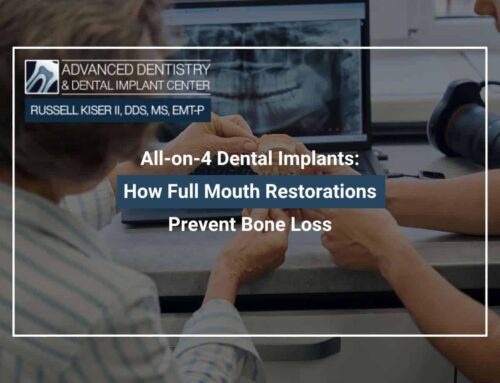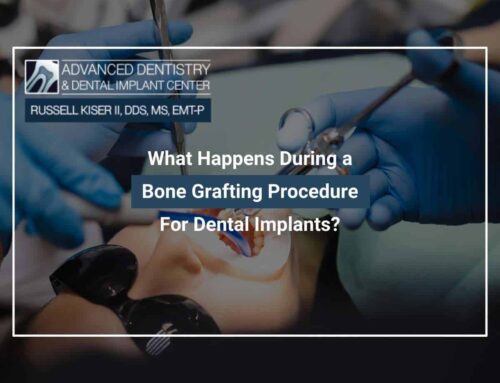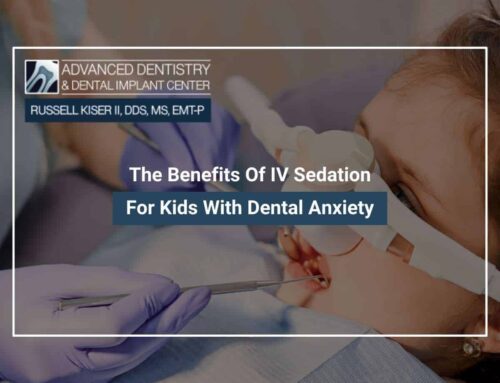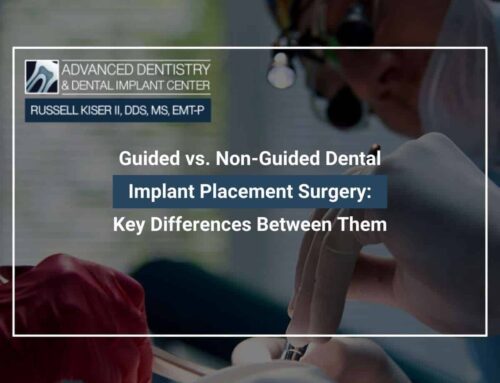Dental Implants vs. Traditional Bridges: Making The Best Choice For Your Smile
An individual’s overall health is highly dependent on their dental health, and developments in restorative dentistry have given rise to various ways patients can replace missing teeth. Among the many methods used in replacing missing teeth are dental implants and traditional bridges. This article will explore the permanency as well as benefits of these two types of dental solutions with detailed comparisons for better decision-making.
Dental Implants vs. Traditional Bridges: A Detailed Comparison
Dental Implants

Traditional Bridges
They involve the creation of a bridge that spans across empty spaces created by one or more lost teeth. This bridge contains two crowns on either side anchoring them onto neighboring healthy teeth to fill up space left behind due to missing tooth/teeth.
Why Dental Implants Are a Long-Term Solution
It is known widely that longevity is one of many advantages associated with implant-supported restorations if cared for properly can last forever. Factors contributing towards permanent retention include:
- Osseointegration: Ensures that implants integrate successfully, maintaining permanent stability. They serve as reliable foundations, becoming a permanent part of the body’s structure without the need for replacement.
- Maintenance: Involves regular dental visits every six months and good oral hygiene, including brushing twice daily with fluoride toothpaste and flossing once daily.
- Avoiding Dangerous Habits: Evading such habits as smoking and also drinking alcohol in excess is very important because they can affect the duration that an implant should.
The Limited Lifespan Of Traditional Bridges
Often, traditional bridges do not last as long because they rely on support from adjacent healthy natural teeth which may have been compromised already or still prone to infection leading to premature failure thus necessitating frequent replacement within a short period ranging between five and fifteen years depending on different factors like:
Support provided by neighboring dentition – their health status greatly affects how much time these structures can serve before breaking down completely hence requiring another set altogether.
Material wears off – sometimes materials utilized during the fabrication process could wear out faster when compared to those employed while making implants thereby reducing lifespan further.
Oral hygiene practices – though proper care can prolong the life span of a bridge it remains vulnerable to decay-causing organisms which might lead to its ultimate damage therefore one should always keep clean teeth/gums around this region through regular brushing/flossing so that harmful bacteria do not get chance attacking them thus weakening entire structure eventually.
Top Reasons To Choose Dental Implants
- Longevity: As stated earlier, dental implants are designed to serve permanently and if maintained well can last for more than 25 years without experiencing any problems at all.
- Natural appearance: They appear just like real teeth thus nobody will ever suspect that someone has got some false ones fixed onto his/her jawbone since they become part and parcel patient’s body forevermore after being inserted properly by the qualified dentist only.
- Jawbone health: Implants stimulate bones in jaws, preventing resorption (loss) which normally occurs when no roots are holding onto them tightly, such as with missing tooth/teeth cases left untreated over long periods.
Key Advantages Of Choosing Traditional Bridges
Immediate solution: When compared against implant-supported restorations that may require several visits before completion, conventional fixed partial dentures offer temporary relief within the shortest time possible since they do not involve any surgery whatsoever apart from small preparation done on neighboring teeth to accommodate them properly thus avoiding delay in attending to patient’s needs like aesthetics/functionality among others.
Cost-effective: Traditional bridges are typically more expensive than conventional bridges. Since the installation of a bridge is not as invasive and takes fewer resources, it stands to reason that patients would pay less overall. Furthermore, dental insurance plans tend to cover traditional bridges more extensively than they do for implants, making them easier for many people to access financially. This affordability allows a greater number of individuals to restore their smiles and maintain proper dental function within their financial means.
How To Properly Care For Your Traditional Bridges
To ensure their longevity, traditional bridges need a lot of care as well.
- Brushing & Flossing: Brush your teeth twice every day and use a special type of dental floss to clean beneath the bridge.
- Regular Check-Ups: Go for regular dental check-ups so that any problems with the bridge or supporting teeth are detected early enough.
- Avoiding Hard Foods: Do not eat foods that may cause harm or wear out the bridge.
Deciding Between Dental Implants & Traditional Bridges
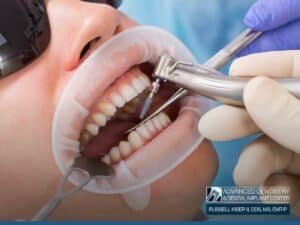
- Oral Health: Implants may not be suitable if you have gum disease or a weak jawbone.
- Budget: Although expensive initially, implants save money in the long run due to their durability.
- Medical Conditions: Some health conditions may prevent you from getting implant surgery done on your teeth.
- Personal Preferences: Talking over what you want done will enable them to advise accordingly based on their expertise in this field of dentistry.
The Final Bite: Choosing Your Best Tooth Replacement Option
Dental implants and traditional bridges are two methods of replacing lost teeth. But usually, dental implants can serve as a more permanent option, leading to improved oral health and appearance over time. Traditional bridges may need to be replaced earlier than their less invasive counterparts, besides impacting neighboring teeth healthwise, that is.
Dr. Kiser, a Top-Rated Dentist in Mansfield, stands out with his gentle nature combined with his use of current equipment in a sanitary environment. You can trust him for anything that concerns your teeth because, after visiting him, you will leave there having attained the good looks associated with healthy living as well. Contact us today!
Advanced Dentistry & Dental Implant Center
1221 S. Trimble Road, Building A
Mansfield, OH 44907
Tel: (419) 756-2880
Email: [email protected]


